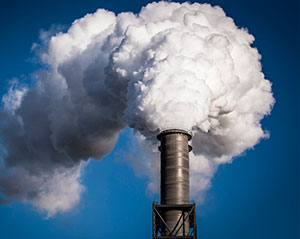電力最終消費
最終用途の電化に向けた活動や努力の高まりに牽引され、世界全体の電力消費量はほぼ倍増しています。
最終用途の電化に向けた活動や努力の高まりに牽引され、世界全体の電力消費量はほぼ倍増しています。
最終用途の電化と新興経済国の経済発展に牽引され、世界の最終的な電力需要は今後数十年で急増することが確実で、あらゆる地域とセクターで増加傾向にあります。EnerBlueシナリオ(発表済みの政策および誓約)では、約48,000 TWhに達し、現在から年間平均2.4%の成長を示します。
地域別内訳 | EnerBlueシナリオ
Loading...
トレンド 2000 - 2050 - EnerBlueシナリオ
世界
Loading...
シナリオのベンチマーク - 世界 - セクター別消費(%)
Loading...
EnerFutureは、2050年までのエネルギー予測を提供します。当社のサービスは、エネルギー需要、価格、およびGHG排出量の将来について明確な洞察を提供します。
詳しくは


